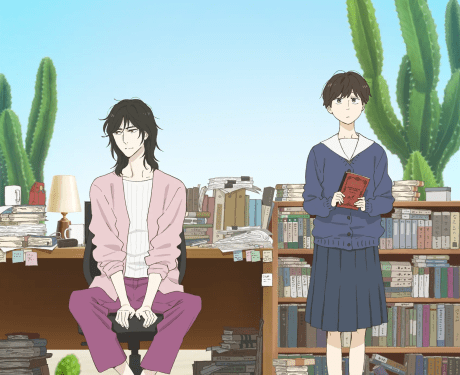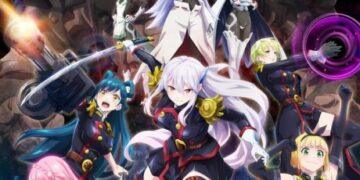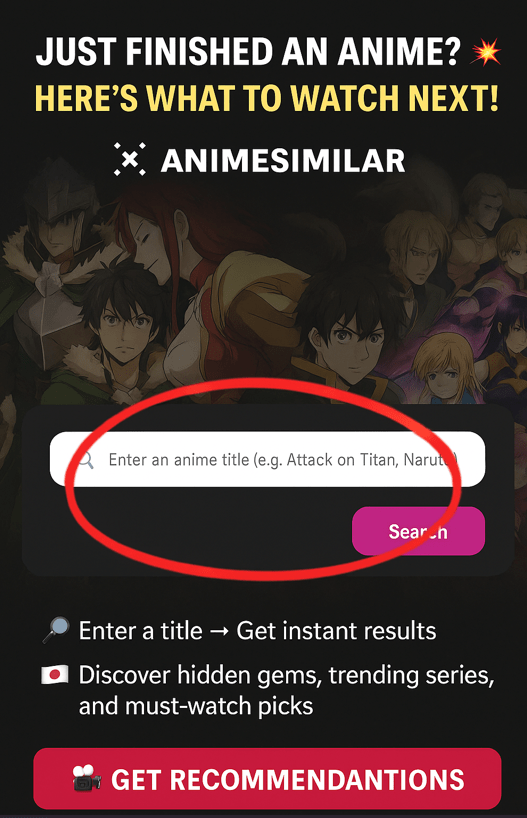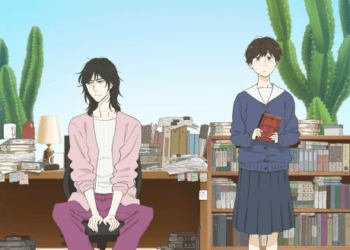Breaking Down the Phenomenal Rise of “Attack on Titan”
The world of anime has witnessed a multitude of sensational series, but few have achieved the global impact of “Attack on Titan.” With its unique storyline and deep themes, it has become a cornerstone in modern anime culture. In this article, we explore the factors contributing to the series’ unparalleled success, analyze its themes, and discuss what the future holds for the franchise that has captured the imagination of audiences worldwide.
The Genesis and Evolution of “Attack on Titan”
Originally created by Hajime Isayama, “Attack on Titan” debuted as a manga series in 2009, published by Kodansha in “Bessatsu Shōnen Magazine.” The series quickly gained a following for its gripping narrative set in a post-apocalyptic world where humanity faces extinction at the hands of gigantic humanoid creatures known as Titans. In 2013, the story was adapted into an anime television series by Wit Studio, which amplified its reach to an international audience. The compelling storyline and intense action sequences drew in millions of viewers, propelling the series to global stardom.
Thematic Depth and Cultural Impact
“Attack on Titan” explores complex themes such as freedom, morality, and the human condition. These themes resonate deeply with viewers, offering philosophical and ethical dilemmas that enhance the viewing experience beyond mere entertainment. Notably, the series challenges ideas of heroism and villainy, encouraging viewers to question narratives and understand multiple perspectives. This depth is one reason the series has found acclaim not just among anime fans, but also within broader circles of literary and philosophical critique.
The Influence of Global Collaboration
The success of “Attack on Titan” can also be attributed to its international collaborations and global distribution strategies. Subtitled and dubbed versions of the anime were swiftly made available, allowing a diverse audience to engage with the story seamlessly. Platforms like Crunchyroll, Funimation, and Netflix helped distribute the series globally, expanding its reach and establishing “Attack on Titan” as a fixture in international pop culture. Additionally, strategic partnerships for merchandise, gaming, and media adaptations have contributed to the franchise’s widespread appeal.
What Lies Ahead for “Attack on Titan”?
As the series approaches its conclusion with the final season, speculation about its future continues to grow. Fans are eagerly anticipating how the epic saga will conclude, and there is keen interest in potential spin-offs or continuations. The franchise has already expanded to include multiple video games, a live-action film, and even an amusement park attraction, suggesting that its legacy will endure. With its iconic status cemented, “Attack on Titan” continues to inspire new generations of storytellers and animators.
In conclusion, “Attack on Titan” is more than just an anime series; it is a global phenomenon that transcends cultural boundaries. Its narrative intricacy, combined with strategic global outreach, has ensured its place as one of the most influential titles in anime history. As the story concludes, the legacy of “Attack on Titan” is poised to inspire and influence for many years to come.
Source: animeanime.jp












